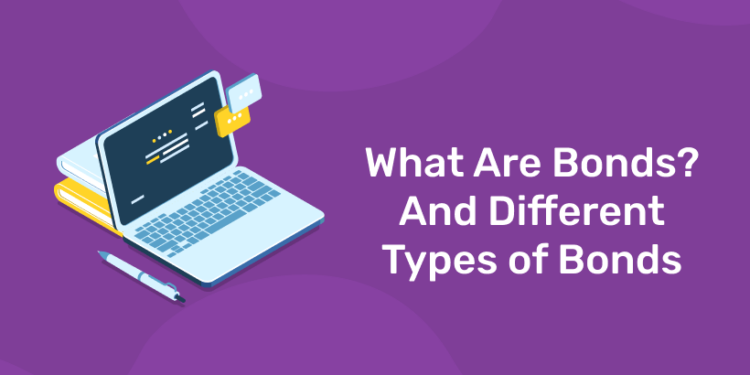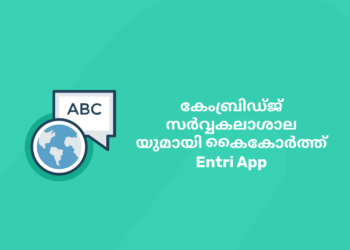Table of Contents
What are Bonds And Different Types of Bonds is one of the first and foremost questions which is asked by a lot of investors who are trying to start an investment but are not sure of the basic terms related to investments. There are different types of bonds available in the market and you can decide whether or not you want to go for a secure bond or an unsecured bond. You can check out the features and common terms that are used by the investors in order to define bonds and then you can start your investments from zero. You can check out the details related to bonds, types of bonds in India and the features of bonds from the blog shared.
Click Here For A Video Lesson On Stock Market
What are Bonds?
A bond is a fixed income instrument that basically represents a loan which is made by an investor to a borrower. It is also a contract between the investor and the borrower. Mostly the companies and the government will issue bonds and the investor will buy these bonds in order to save them as a security option. These bonds will have a maturity date and once the maturity day is attained the company will have to pay back the amount to the investor along with the part of the profit. There is sometimes interest paid by the organisation so that more brokers are attracted to buy the bonds. You can appoint a broker in order to do an investment in your name. There are a lot of bonds which are issued by the Government of a particular company at a fixed rate of interest and these are called Government Bonds. The Government Bonds are basically low-risk investments for all the investors.
Features Of A Bond
1: What is a stock?
There are different features of bonds for investors and the investors must have proper information related to these features so that they can start their investment at any given point in time. You can check out the details related to the features of various bonds from the pointers given below.
- Unsecured bonds are also known as debentures and are issued by various companies with a good reputation so that they can raise loans from the investors in the market. They have high risk because if the company makes a profit then only the amount will be returned along with the interest to the investors otherwise you will have difficulty in getting your money back.
- Government organisations issue secured bonds in a particular country and it offers security to the investors. The government companies will be providing your money at a fixed interest rate.
- If you are planning to invest in a bond then you must definitely look for a bond which is tax exempted. There are various companies which will provide you with bonds which are tax-exempted and normally the tax-exempt bonds are issued by the Government.
- When the company is at a loss and the money is gained by selling the assets of the company then this phenomenon is known as the Preference Of Liquidation. The money which is made is distributed among the investors in ascending order of time in which the investments were made.
- The date of maturity is the date when the bond will be released by the organisation and the money will be distributed to the investors as per the interest that they have made.
- The coupon rate is also known as the rate of interest at which a bond is issued and the companies are liable to pay the investor that particular coupon rate.
Different Types of Bonds
Traditional Bond
Traditional bonds are the bonds when you can withdraw your entire principle at a single time after the maturity date
Callable Bond
Callable bonds are bonds which you can redeem even before the maturity date.
Fixed-Rate Bond
Fixed-Rate bonds are the bonds in which the coupon rate remains the same throughout the investment.
Floating Rate Bonds
Floating rate bonds are the bonds in which the coupon rates keep changing during the entire course of an investment.
Puttable Bonds
Puttable Bonds are the bonds when the investor decides to sell their Bond and get their money back before the maturity date.
Mortgage Bond
The bonds which are provided by real estate companies and equipment are called mortgage bonds.
Zero-Coupon Bond
When the coupon rate is zero and the issuer will only have to repay the principal amount, then these types of bonds are called zero-coupon bonds.
Serial Bond
When the issuer will pay back the loan amount to the investor every year in small instalments to reduce the final debt, then this is called a Serial Bond.
Extendable Bonds
Extendable bonds are the bonds in which the investors are allowed to extend the maturity period.
Climate Bonds
Climate Bonds are the bonds which are issued by the government to raise funds when the country is facing any adverse climate changes.
War Bonds
The bonds which are issued during the war are called war bonds.
Inflation-Linked Bonds
The bonds which are linked to inflation are called inflation-linked bonds.
Click Here For A Crash Course On Stock Exchange
Entri is a learning platform which was created by well-known experts in the industry in order to provide Government examination crash courses to the students who want to continue their studies but they are not able to get proper coaching. You can get video classes presented by well-known experts in the industries through our platform and then you will be able to crack the government examination on your first try. Enrol now.












